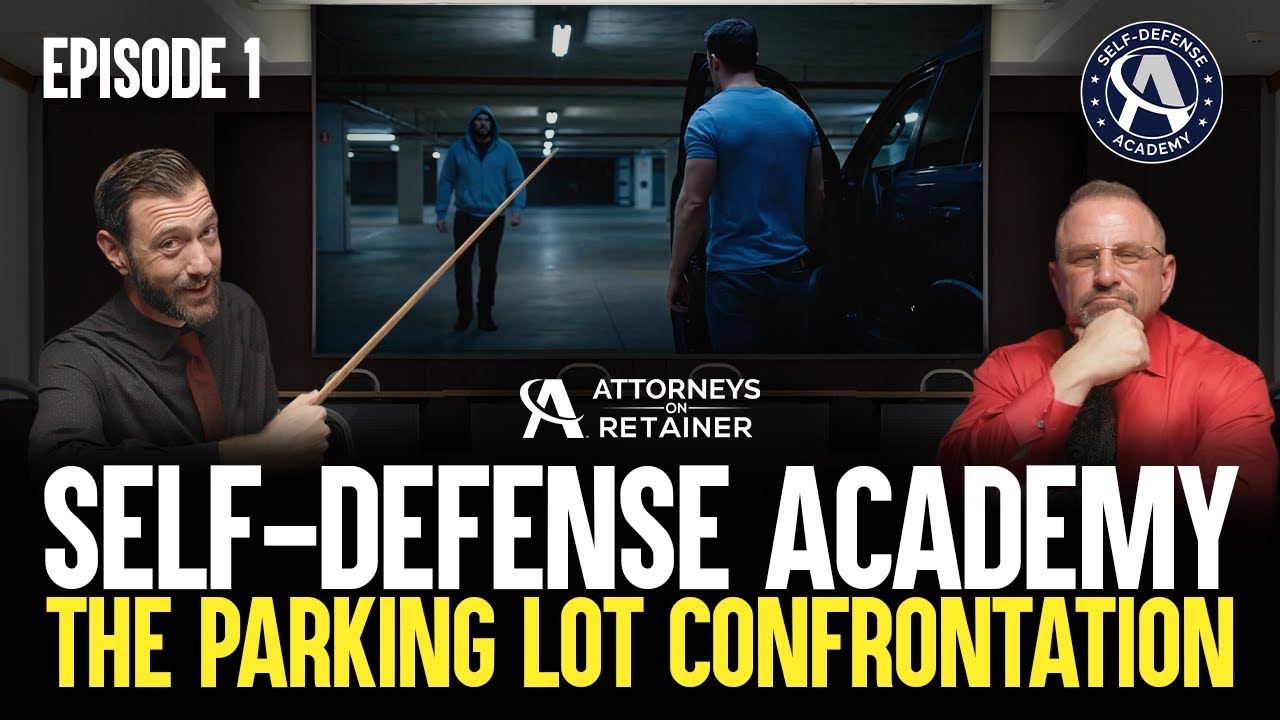Attorneys For Freedom Monthly Update - 2A Roundup May 2024
Recent legal developments have further tightened gun regulations in certain states, raising alarms among gun rights advocates. These changes may not only affect how residents exercise their rights but could also influence decisions about whether to remain in these jurisdictions or move to more gun-friendly states. Criminal defense attorneys Rachel Moss, Emma Wittmann, and Brittany LaBerry discuss the recent developments, offering both legal and practical implications for gun owners.
Remington’s Move to Georgia: Economic and Political Implications
Remington, one of the oldest names in American firearms manufacturing, has officially announced its relocation from New York to Georgia. Citing increasingly restrictive gun laws in New York, CEO Ken D’Arcy emphasized that the company is seeking a more supportive political and regulatory climate. This move represents more than just a change of address; it underscores a broader shift in the firearms industry away from states perceived as hostile to gun rights.
“I think this could actually be a new trend with gun manufacturers. We can see them moving from an anti-gun state like New York to somewhere that has a more gun friendly environment”
The relocation carries substantial economic weight. This economic boost demonstrates the positive financial impact firearm manufacturers can have on local communities. Remington’s move mirrors Smith & Wesson’s recent departure from Massachusetts to Tennessee, suggesting a growing trend of gun manufacturers leaving restrictive states for more gun-friendly regions. The attorneys speculate that this trend could accelerate, reshaping the national landscape as industry players align their operations with states that reflect their values and support their business models.
“Smith and Wesson actually moved from Massachusetts to Tennessee I think earlier this year or last year after being there since 1852 and if that’s not a sign of the times, I don’t know what is.”
Hawaii Supreme Court Decision: No Right to Public Carry
Earlier this year, the Hawaii Supreme Court issued a ruling that effectively bans the public carry of firearms, drawing criticism from Second Amendment advocates. The decision underlines a broader tension between state sovereignty and federally protected constitutional rights. Hawaii’s gun laws, which closely mirror the language of the U.S. Constitution, lie at the center of this conflict. Citing the “Aloha Spirit” as part of its rationale, the court introduced a culturally rooted but controversial justification for restricting gun rights.
“I think a natural interpretation of the Second Amendment is the right to publicly carry, otherwise it’s really watering down that right.”
The attorneys state that some of these decisions might encourage gun advocates to move to a gun-friendly state. Legal battles are expected, and the U.S. Supreme Court may have to make a final ruling. This creates uncertainty about gun rights in states with strict firearm laws.
Constitutional Carry Expands in South Carolina and Louisiana
In contrast to restrictive states, South Carolina and Louisiana have embraced constitutional carry laws, allowing citizens to carry firearms without a permit. Louisiana’s law will take effect on July 4. The governor of Louisiana promised to expand gun rights during his campaign. After being elected, he quickly followed through on that promise. These moves represent significant victories for gun rights advocates and signal continued momentum toward broader acceptance of permitless carry.
“I think that’s a great flex as a governor to be able to say ‘I made good on my promise within two months of being in office.’”
In states like Arizona, permitless carry has become standardized, and the recent inclusion of South Carolina and Louisiana reflects a broader national trend. However, the attorneys caution that the political landscape remains uncertain, and future legislation could still impose new restrictions on where and how firearms may be carried.
Ohio Ruling Recognizes Warning Shots as Self-Defense
Ohio’s Supreme Court recently issued a ruling that allows warning shots to be considered a legitimate form of self-defense in court. This means defendants can now request jury instructions supporting this defense, offering an alternative to the use of lethal force in threatening incidents. The decision broadens legal protection for gun owners while reinforcing the need for responsible firearm use.
“Should you use warning? I think it’s a specific analysis to the situation you’re in. How crowded is the area around you? How many people are around you? What goes up must come down.”
While legally significant, the attorneys advise that the use of warning shots must still be approached with caution. Warning shots can de-escalate danger without causing harm but also emphasize the risks, especially in populated areas. Shooters remain legally liable for any unintended harm caused to others, reinforcing that even non-lethal defensive actions carry weight.
Red Flag Laws
Red flag laws, which allow courts to temporarily remove firearms from individuals deemed a risk, continue to stir debate. States like Alabama are weighing laws that let judges act on petitions from concerned parties, even without a violent incident or formal mental diagnosis.
The attorneys emphasize that red flag laws, like orders of protection, could be used vindictively. This opens the door for individuals to be stripped of their rights. The laws may also impact those whose jobs entail carrying firearms such as law enforcement or security professionals. This raises questions about balancing public safety with constitutional rights and employment protections.
The attorneys urge viewers to remain vigilant and educated on Second Amendment issues. As legal battles continue to evolve, understanding both the legal and practical dimensions of gun ownership is critical.
Attorneys For Freedom Law Firm is solely dedicated to representing individuals involved in self-defense incidents through our Attorneys On Retainer Program (AOR). To learn more about how The AOR Program can protect you, please call, 866-404-5112 or email us.



